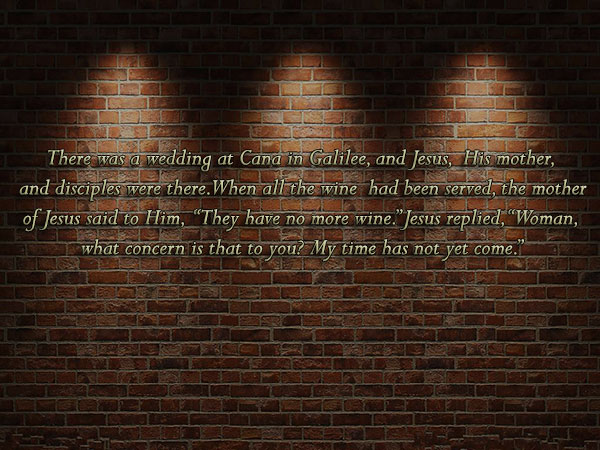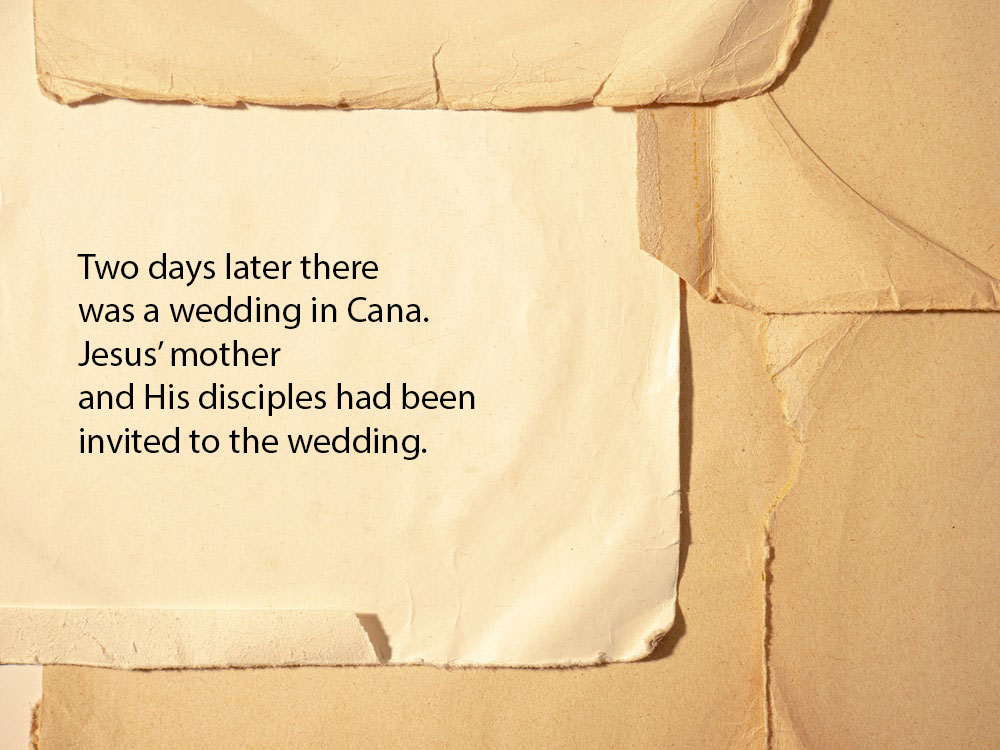Gospel: Lk 21:5-11
While some people were talking about the temple, remarking that it was adorned with fine stonework and rich gifts, Jesus said to them, “The days will come when there shall not be left one stone upon another of all that you now admire; all will be torn down.” And they asked him, “Master, when will this be, and what will be the sign that this is about to take place?”
Jesus said, “Take care not to be deceived, for many will come in my name, saying, ‘I am he; the time is near at hand!’ Do not follow them. When you hear of wars and troubled times, don’t be frightened; for all these things must happen first, even though the end is not so soon.”
And Jesus said, “Nations will fight each other and kingdom will oppose kingdom. There will be great earthquakes, famines and plagues; in many places strange and terrifying signs from heaven will be seen.REFLECTION:
We know precious little which is factually true about the saint we remember today, Cecilia. Only that a fragmentary inscription of around 385 refers to a church named after her, and that her feast was celebrated at least in 545. All the rest is legend—especially her association with music. That being the case, we can nevertheless seize the occasion to reflect on how much music and musicians contribute to the beauty of our liturgies.
It is not difficult for us to imagine a liturgy without any music whatsoever, because that is almost the rule for weekly Masses in many places. And we also know the result of such musicless Masses: grey monotony. True, occasionally a completely silent Mass, if celebrated slowly and with profound devotion on the part of the priest, can be a moment of deep encounter with God, especially if the priest delivers a short and inspiring homily. But such conditions are rarely met, let us admit it, and silent Masses end up being boring.
On the other hand, a Mass accompanied with beautiful music, especially with the faithful doing most of the singing (not the choir!), brings us close to Heaven and its awesome liturgy.
2014 Copyright. Claretian Communications Foundation Inc








